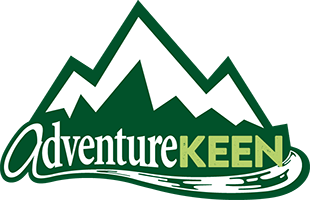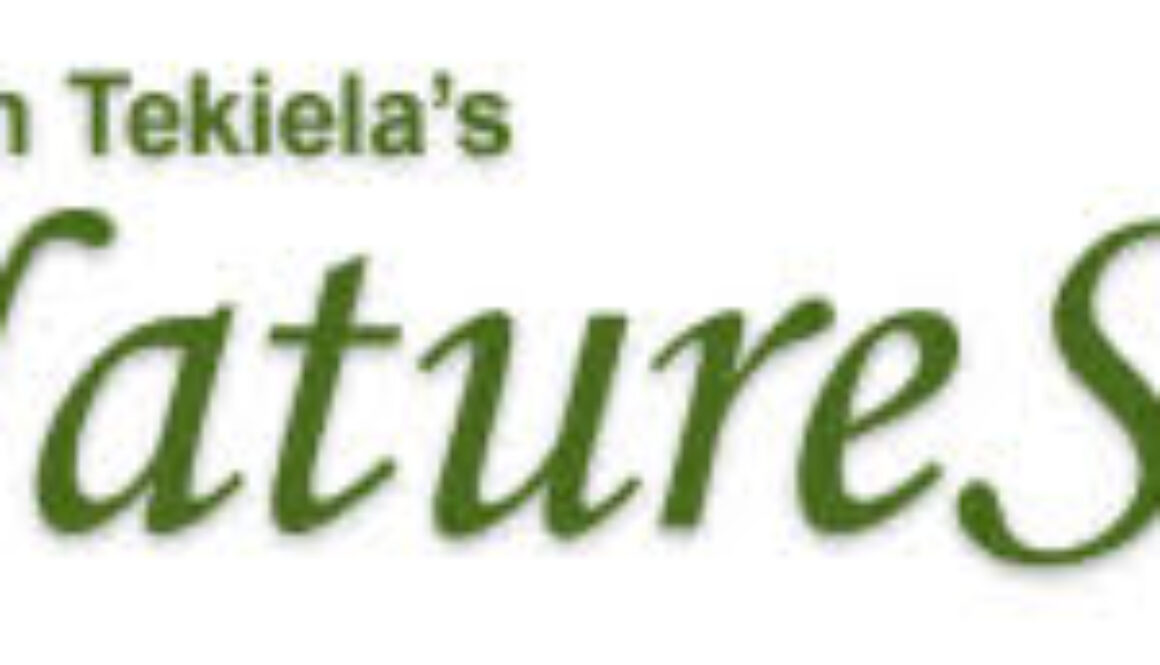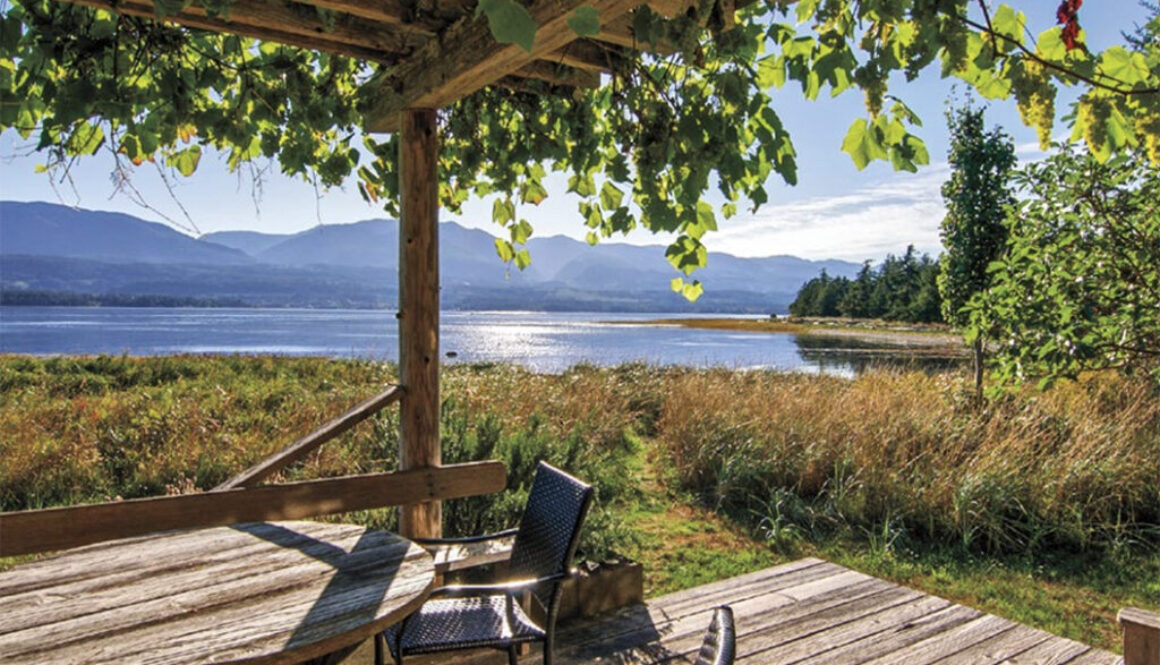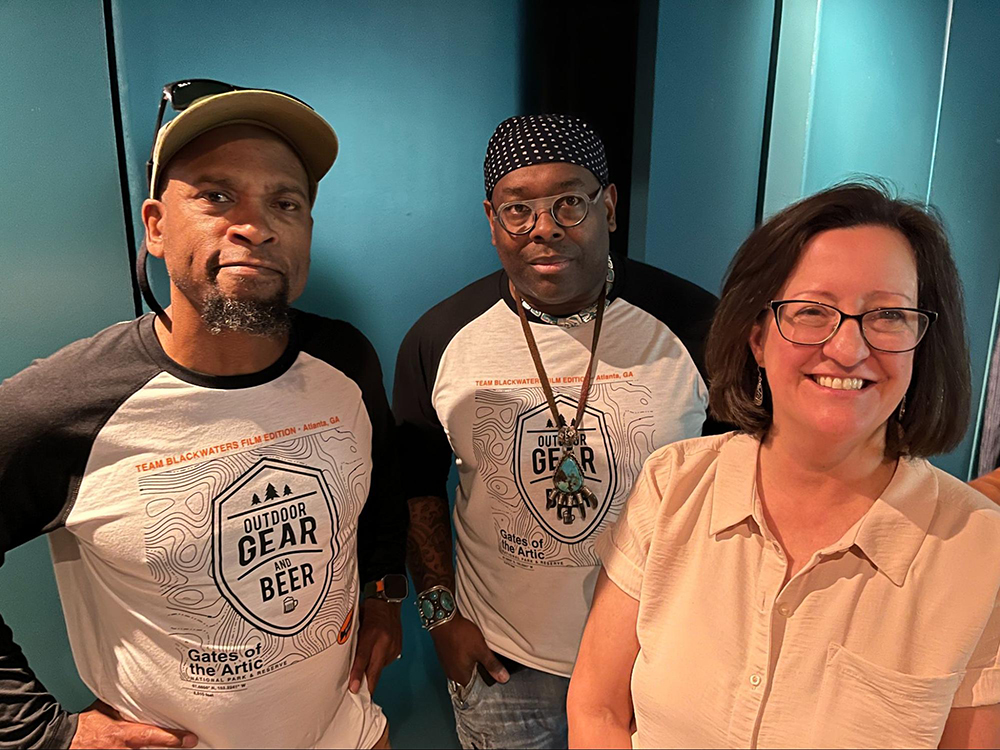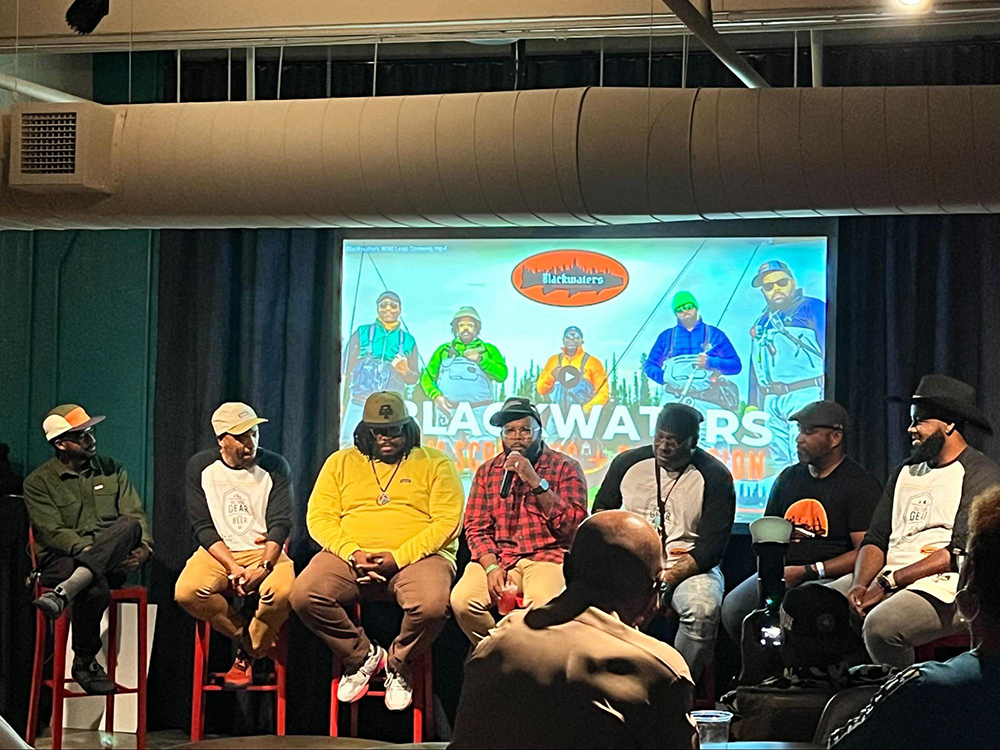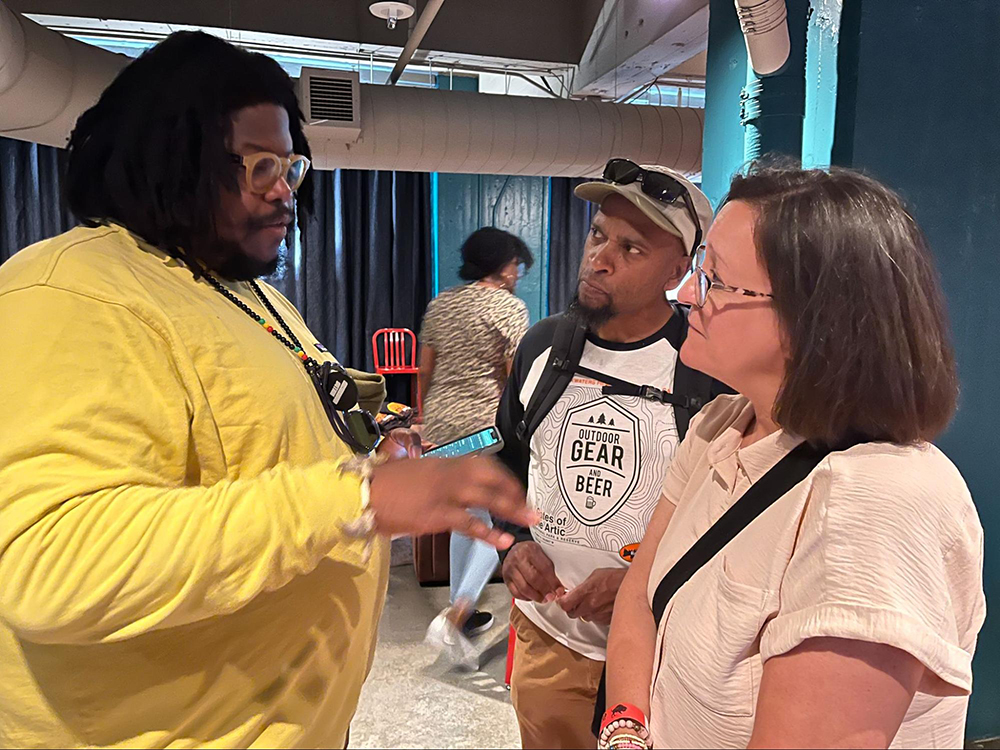Mushroom Finder is a new addition to the Nature Study Guide Finders series started by May Theilgaard Watts in the 1930s. Author Jacob Kalichman is a field mycologist who maintains suggested common names and associated guidelines for North American fungi.
When did your interest in fungi begin?
It started abruptly in 2010. I had already been interested in finding and identifying bugs and snakes for a few years, so it wasn’t a big leap. But I had never paid attention to wild mushrooms before a family trip to coastal Northern California, at a perfect place and perfectly rainy time for them. I tried mushroom hunting on the first day there and got hooked immediately.
What is your favorite fungi?
I can’t pick a favorite species, but I have a favorite category of many thousands of species, which is the largest group of mushrooms, the agarics (mushrooms with gills). I picked them to focus on because I wanted a huge-but-tasteful challenge. Agarics would be the obvious candidates for the “peak” of fungal evolution, but only a few genera get a lot of attention. Mushrooms are famously diverse and plastic, but somehow the biggest group, the agarics, are surprisingly well-defined. The boundaries with other groups aren’t too fuzzy, and the variation within the group isn’t too extravagant.
Can you share a personal anecdote about your experiences with researching fungi?
No, I’m not a good storyteller because I make things as boring as possible. The more you think you understand the patterns or the possibilities, the less surprising any particular events are. I’ve managed to make all my personal experiences boring, but not mushroom identification. It’s still far from obvious how to categorize even the familiar mushrooms by simple field features, which is why it’s exciting, and why everyone should buy copies of Mushroom Finder. There’s no fluff, and everything weird in it is included because the mushrooms really are intractably weird.
What was the most challenging aspect of researching fungi?
Real fungal researchers, scientists conducting studies and doing lab work, have a lot more challenges than I have. One of the most challenging things for me, personally, is just finding the time and motivation to actually go mushrooming. It’s so much easier to stay home and study by just reading and browsing photos. When you go out, you have to worry about gas, weather, bugs, rangers, photography, and making collections, but it’s worth it for learning faster. A picture is worth a thousand words, and a mushroom in the hand is worth a hundred mushroom pictures.
Maybe I should learn to distinguish them, but I haven’t yet. As far as identification goes, I don’t see much of a difference between beginners and experts. There’s such an incredible number of species—and there’s so much variation within each one—that every identifier is guaranteed to be a beginner regarding thousands of species.
The features that distinguish lookalikes within one group are different from the features that distinguish lookalikes in another group. And there isn’t a lot of well-developed terminology for field features. So I don’t think “general mushroom ID expertise” is as meaningful as one might assume. Someone who knows a species doesn’t need to read about it, and someone who doesn’t know the species does, regardless of what else they know.
What advice do you have for a beginner?
You might be able to have the most fun by setting the lowest expectations. Mushroom identification is really hard in general. You’ll never be able to identify everything you find, to species, by sight. But some are easy. The more time you spend, the more you’ll recognize. Don’t go hunting for any particular species; spend some time with whatever you find. Everything is something!
I think the best way to learn is to go mushrooming with someone who’s already familiar with it. You’ll learn what they tell you (obviously), but you’ll also find out how they find mushrooms, how they look at them, how much they know (you can learn it too), and how little they know (you don’t have to know everything).
What do you hope nature enthusiasts and amateur mushroom hunters learn from your book?
It’s supposed to be a useful first step for identifying whatever fungus or fungus-like thing you’ve just found.
It’s about broad categories, groupings with visibly different forms, which are likely to be studied by different people. I hope it’s a good illustration of how many of those categories there are. It’s pretty comprehensive and doesn’t rely on a “miscellaneous” grouping. That means we ended up with as many categories here as there are species in some other guides.
What are some common misconceptions about mushroom hunting?
One misconception is that picking a mushroom “kills it.” Picking is usually as harmless as picking an apple off a tree. The mycelium is a network of threads underneath, in the soil or wood, that will go on living and producing more mushrooms.
Of course, the actual mushroom you pick will no longer be able to release all the spores it naturally would have. Also, hard shelf-like conks on the sides of logs and trees are usually perennial, so be aware that it could take many years for another to reach the same size.
Another misconception is that it’s all about ingestion. A lot of enthusiasts go mushrooming like bird-watchers, not for food—just for the fun of finding, photographing, and identifying whatever species happen to be there. It’s for enjoying nature, building skills, contributing to knowledge, the thrill of a scavenger hunt, etc.
What are some practical tips or techniques for safely identifying mushrooms in the wild?
Identifying mushrooms is always safe, and so is touching and smelling them, but eating mushrooms isn’t always safe. Don’t eat a mushroom unless you’re absolutely sure of its identity and edibility. Maybe ask yourself, “If I eat this and wake up terribly sick in the hospital the next day, would it be crazy to consider that it might be because of the mushroom?” If the answer is no, I think you shouldn’t eat it. Comparing features in books probably isn’t enough for that. Ideally, you should have some amount of experience in the woods, and confirmation from someone else who has more.
What are some safety tips you have for foragers?
Don’t get lost!
What is one surprising fact about mushrooms that readers might enjoy?
It’s perfectly safe to taste a small, fresh piece of even the deadliest mushroom, as long as you spit it all out. Tasting like this, with a nibble and spit, is a normal part of identification for several groups of mushrooms.
A number of people (including me) have chewed up and spit out big, hearty bites of deadly mushrooms with no apparent symptoms, but I wouldn’t recommend it. Accidentally swallowing any amount could mean hospitalization or worse.
How do you see the field of mushroom hunting evolving in the next few years?
I think it will get easier in several ways. We’ll have more and more DNA-sequenced, photographed collections, which we can use to get a better idea of what species we have and how to distinguish them in the field. AI will keep getting better at identifying mushrooms from photos.
The difference between mushroom foraging (for food) and mushrooming (for curiosity, photography, etc.) will keep getting more clear, like the difference between bird hunting and bird-watching.
I think common names will be suggested, improved, settled on, and used a lot more. We’ve lagged badly behind plants and animals and settled for scientific names in lots of “common” situations. But I think we’re finally moving toward catching up.
In what ways do you think this book contributes to the larger conversation and understanding of the role of fungi in our ecosystem?
This book isn’t about ecology, it’s about identification. It’s a tool for identifying fungi, as well as an unusual way to see how diverse the forms you can find and identify are. I hope it does what any field guide does, which is to sacrifice a bit of mystery in exchange for some familiarity, fun, or beauty. I’m really happy with Roo’s illustrations, because they provide all three. Some fungi are important, and all fungi interact with other species, but not everything about fungi is important, or about the other species. If you enjoy this book, I think it has done its job.
Find the entire Nature Study Guide Finders series at naturestudy.com.
